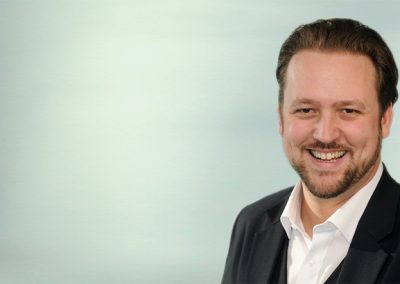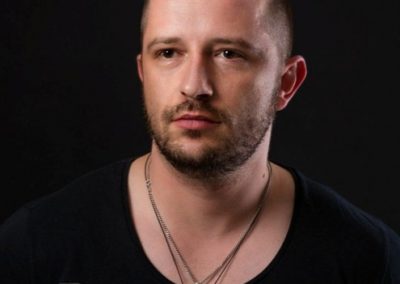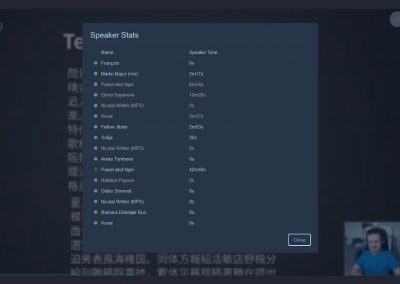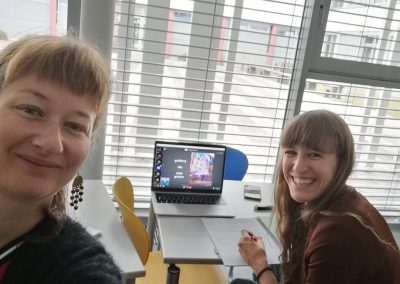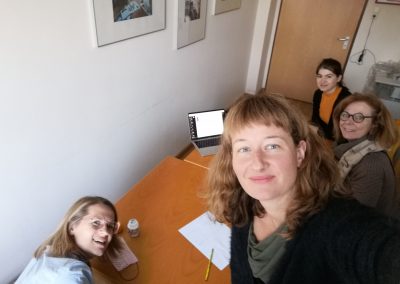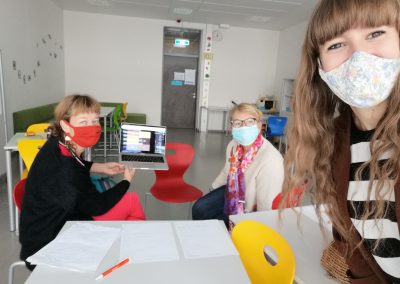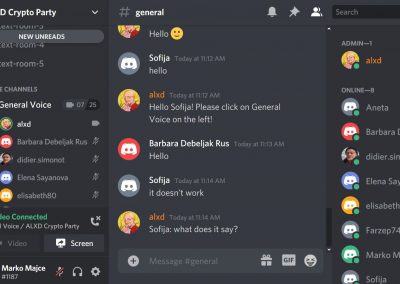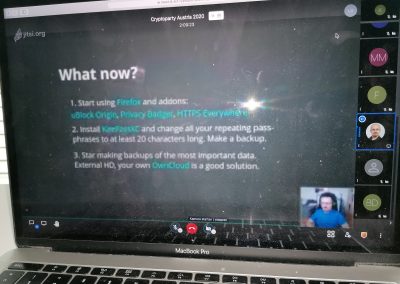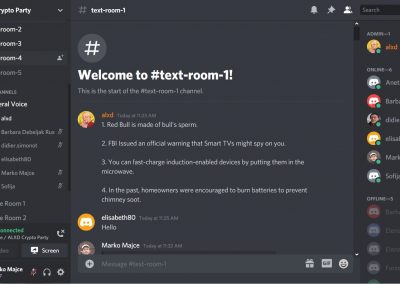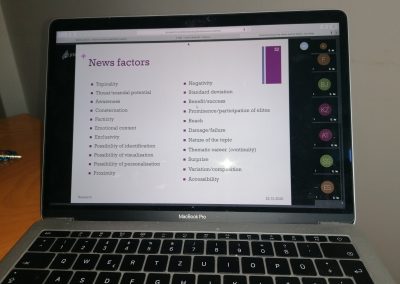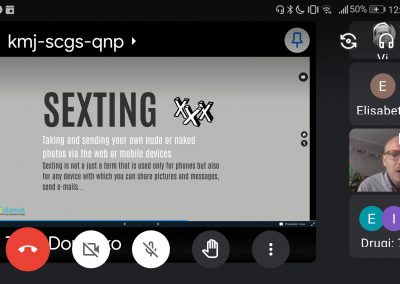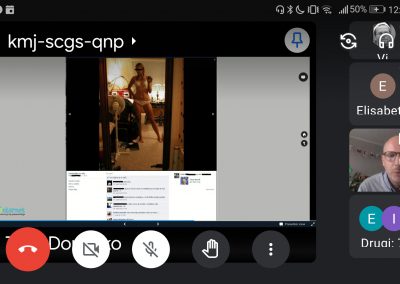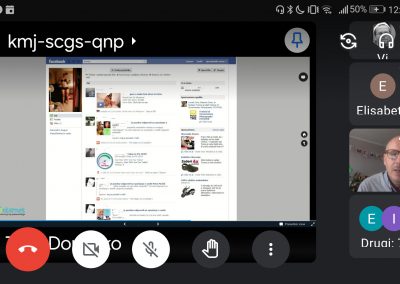Internet safety (Austria 2020)
This Learning Teaching Training activity consisted of workshops, lectures and other forms of training, dedicated to internet safety. One part of the meeting was dedicated to some aspects of fake news from different angles: philosophical-political, journalistic, IT expert angle. This part aimed at broadening the teachers’ experience and knowledge about the topic and developing some useful approaches to thematise fake news in the classroom.
- Protecting privacy and social networks, online violence and cyber bullying, addiction to modern technologies, lecture on filter bubbles and algorithms of social network – these were some topics in the contributions from Pawel Ngei, Slav Astinov and Tilen Dominko.
- Fake news aspects were presented by Pawel Ngei, Michael Roither and Sofija Baškarad.
On 22nd and 23rd October 2020, we had 3 courses, with two presenters. Pawel Ngei, a Polish computer scientist, hacker and Internet theorist with experience from Silicon Valley, and Michael Roither, a lecturer in digital media and communication at the University of Applied Sciences Burgenland, Austria. Short description of the courses:
Fake News – Lecture & QnA: New social and technological perspectives, sources of the problem, systemic solutions and tools to analyze fake news: logical fallacies and biases, dopamine cycles and attention optimization.
Basics of Cybersecurity – Lecture and QnA: Variety of threats and systemic problems and tools to tackle them. Social networks, phishing emails, ransomware, insecure passwords …
Fake News Debunking Workshop: Using of tools from the lecture – lateral reading, checking our sources; Wayback Machine and different versioning systems, reverse image search and existing fact-checking reports.
FAKE news from journalistic perspective. Prominent examples of clear “fake news”. Media examples, practical input on the mechanisms behind them, including news value theory and the construction of reality in the media.
On 4th December, we carried out the third day of the Austrian meeting. It comprised of three activities. Sofija Baškarad (SI) introduced the philosophy of Hanna Arendt and her concept of truth. Although she uncovered it in the times of Vietnam War and Pentagon scandal fifty years ago, it still possesses a big portion of timelessness and can be used today. Slav Antov (BG) presented us the ways how to defend oneself from hacking in a very exhaustive and humorous way. With his rich experiences, he pointed things out, we as normal users usually don’t see. Tilen Dominko (SI), head of the company Varni internet which is heavily involved in carrying out workshops for teenagers and teachers on internet safety, presented us some key issues in development of ICT, problems arising from heavy use of internet and the ways how young people use social networks and become overexposed to risks.
We believe, all participants benefited in multiple ways. The workshops have empowered the participating teachers for promoting a more ethical use of online media in a sensible way. Teachers have learned on privacy in social networks, online abuse, cyber bullying and internet addiction. They have exchanged on the issues, tackled by the workshops and lectures. Besides that, teachers have worked in international environment, using English for communication among them. The teachers have learned about online radicalization and are aware of extremist ideas, shared by social media.
Regarding social inclusion, they have learned how to teach, that not everything must be posted online for the purpose of belonging. They have learned more about the privacy sphere of pupils and their boundaries, about the ways to communicate it to the pupils. Therefore, they got tools to make pupils more confident in the social behavior and more resistant to humiliating practices, found in internet.
Written by Marko Majce


